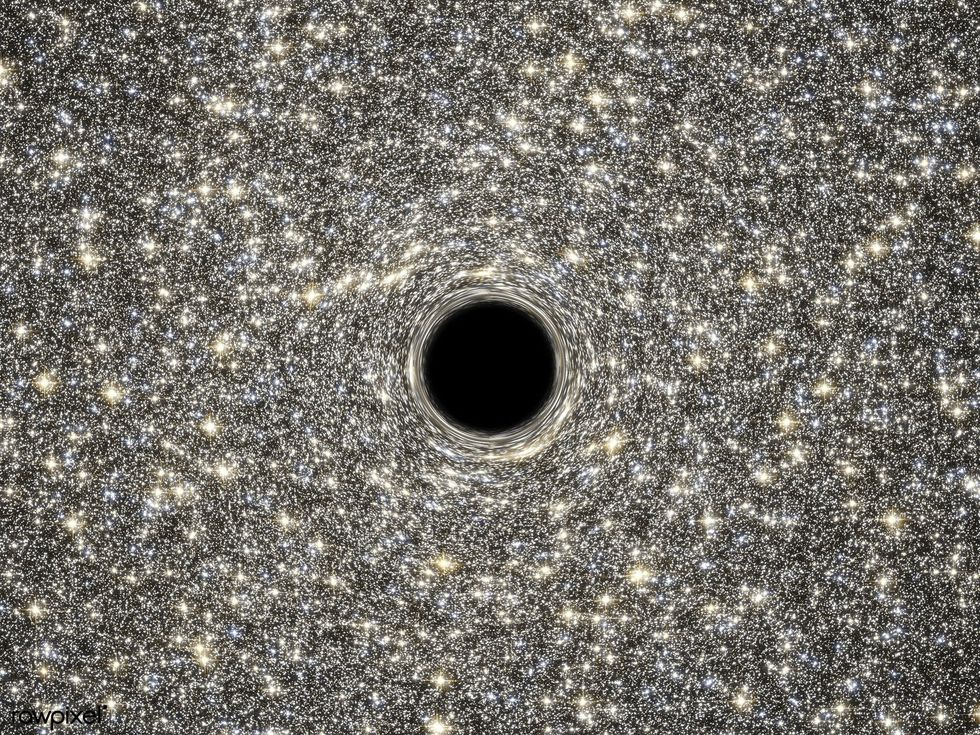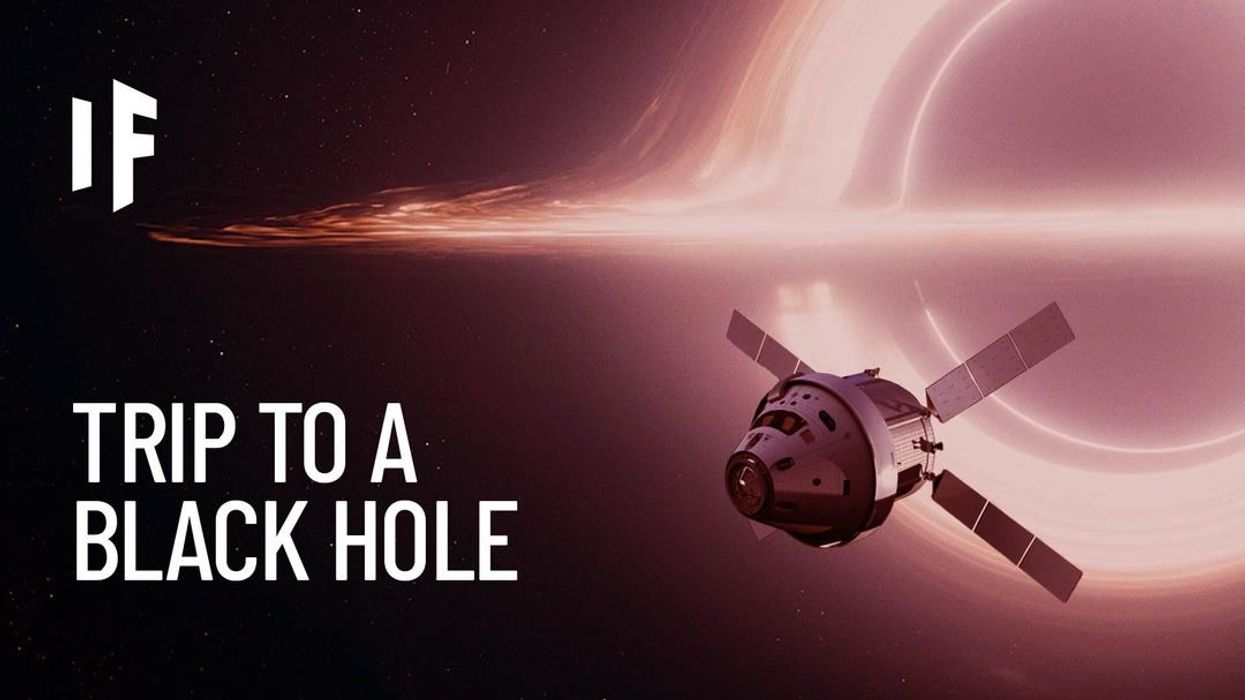Science & Tech
Harry Fletcher
Jan 30, 2024
What If You Traveled to a Black Hole?
Underknown / VideoElephant
Black holes are among the most fascinating objects in the solar system, and now scientists have claimed that they could be used to extract 20 times the energy of a nuclear bomb – hypothetically, at least.
A new study has pondered the potentially enormous levels of energy that could be harvested from a black hole - an idea that has long been considered through the concept of the Penrose process.
The Penrose process has been around as a concept since back in the 70s when Roger Penrose devised the idea of how rotational energy of black holes could hypothetically be extracted.
Essentially, a rotating body in the universe twists space in a manner that means that an object heading toward the rotating body is pulled along the path of rotation.
Using this principle, if an object headed towards a rotating black hole, it could be dragged around it at a speed greater than the speed of light.

The kick an object would get once it’s propelled away from the rotating black hole could also theoretically result in the extraction of up to 20 per cent of the black hole’s energy, which is a truly staggering amount - especially when you consider that it’s 20 times the energy that fusing hydrogen into helium can extract from the mass-energy.
It’s worth remembering that the new research is based on hypothetical black holes.
A new paper, available here, focuses on the idea of charged black holes, whereas only simple black holes can be observed in the universe which have mass and rotation but no electric charge.
In the paper, scientists consider in this hypothetical scenario whether the Bañados-Silk-West (BSW) effect could be harnessed to extract energy through particle decay – with particles reflected forwards and backward near the event horizon to gain energy until they decay.
Meanwhile, a new study suggested some of the universe's oldest black holes pass our cosmic neighborhood at least once every decade, and may be altering the Earth’s orbit. And if scientists can detect them, it would provide the first proof that these black holes exist as dark matter.
Sign up for our free indy100 weekly newsletter
How to join the indy100's free WhatsApp channel
Have your say in our news democracy. Click the upvote icon at the top of the page to help raise this article through the indy100 rankings
Top 100
The Conversation (0)














